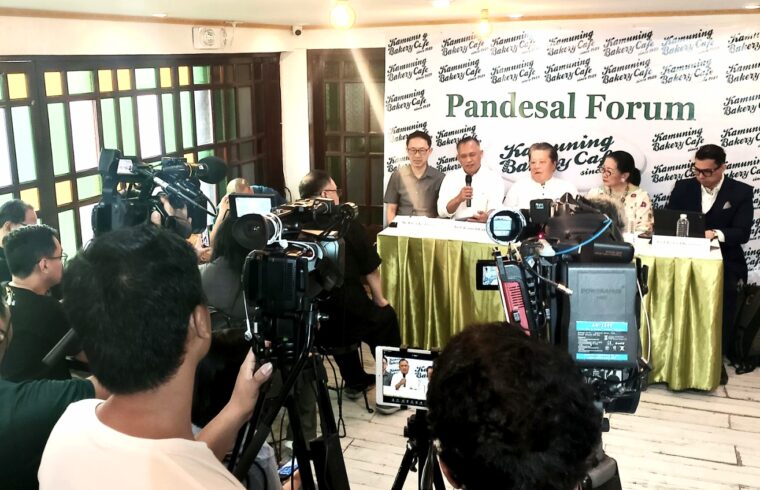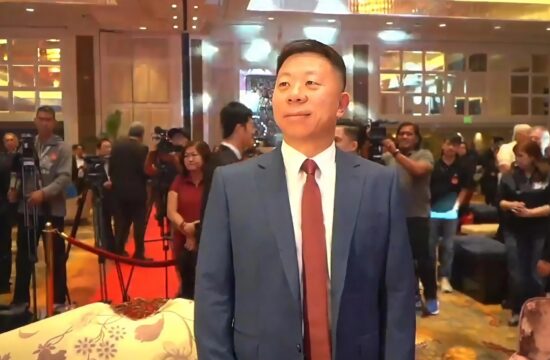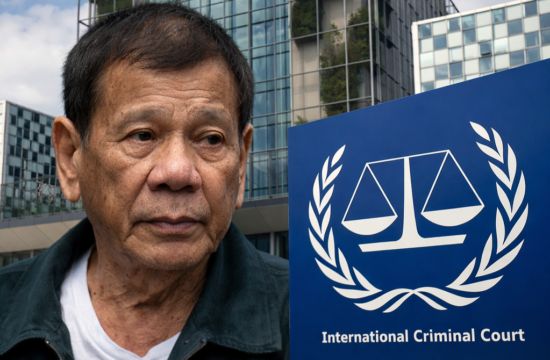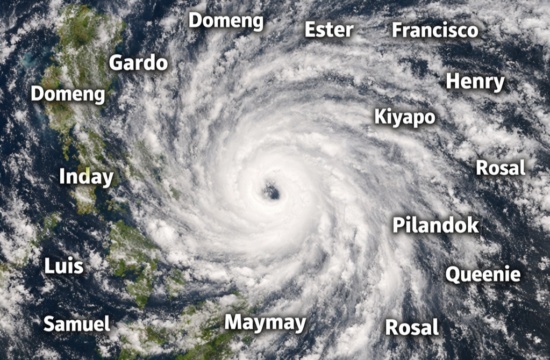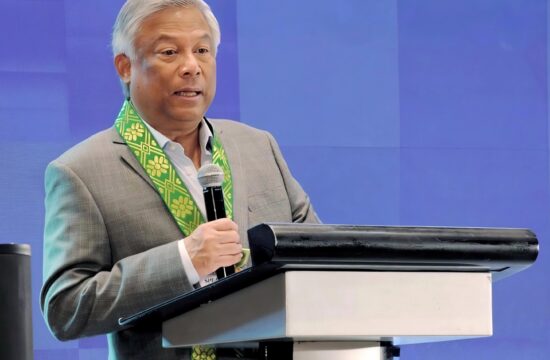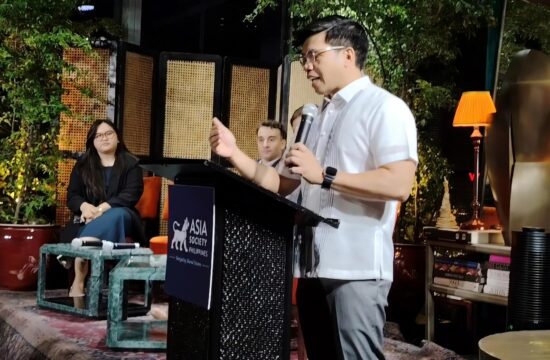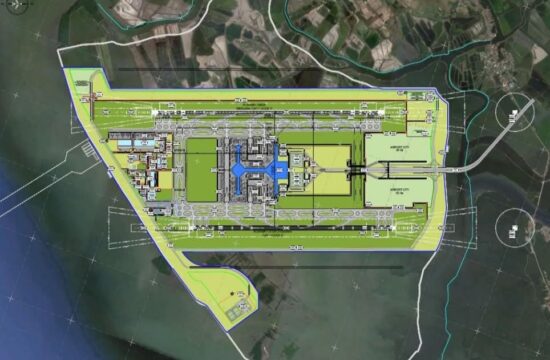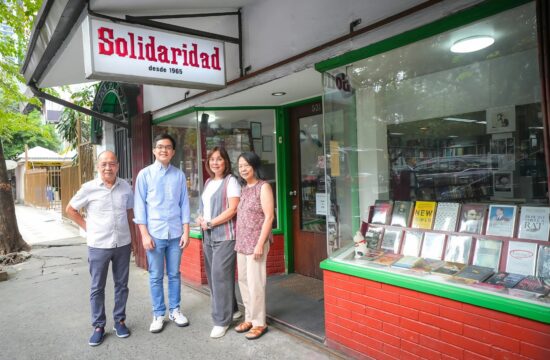
As the Philippines grapples with rising global economic tensions and the threat of recession, business leaders and political advocates are calling for a shift in the country’s foreign policy to foster stronger economic ties with China.
At the Pandesal Forum held on Tuesday at Kamuning Bakery Café in Quezon City, a panel of experts highlighted the potential for China to play a pivotal role in the Philippines’ economic recovery and long-term growth, urging the government to prioritize pragmatic diplomacy over geopolitical tensions.
Dr. Cecilio Pedro, founder of Lamoiyan Corporation, kicked off the discussion by reflecting on the 50th anniversary of Philippines-China diplomatic relations. He emphasized China’s critical position as a trading partner and its importance in driving economic growth.
“China is not just our neighbor—it is the world’s second-largest economy and a critical market for Philippine exports like agriculture, minerals, and services,” Pedro said. He also underscored the potential of Chinese tourism, which could revitalize the Philippine economy, but warned that the country must improve its safety and infrastructure to attract Chinese visitors.
Former senator Nikki Coseteng echoed this message, arguing that the Philippines must adopt a more cooperative stance with China, especially in areas like infrastructure investment. Coseteng pointed to successful Chinese-backed projects in other ASEAN countries, such as Thailand’s rail systems and Indonesia’s high-speed trains, and criticized the Philippines for its restrictive visa policies.
“Why are we making it harder for Chinese investors and tourists to choose us? A single visa reform could unlock billions of dollars in additional yearly revenues,” Coseteng said.
Despite the growing economic ties between the Philippines and China, territorial disputes in the South China Sea remain a sensitive topic. Prof. Rommel Banlaoi, a security expert, addressed this issue head-on, noting that Vietnam controls most of the disputed land features in the Kalayaan Islands. He argued that sovereignty disputes should not hinder cooperation on critical issues such as renewable energy and trade.
“While sovereignty disputes must be resolved peacefully and with diplomats, they shouldn’t paralyze cooperation in areas like renewable energy, AI, trade, infrastructure, or agricultural tech,” Banlaoi said.
Prof. Richard Heydarian, known for his cautious stance on China’s South China Sea actions, surprised attendees by acknowledging China’s undeniable economic success. He pointed out that even the U.S.’s closest allies, such as Germany and France, are shifting toward more independent foreign policies while maintaining economic ties with China. Heydarian suggested that the Philippines should adopt a similar strategy, strengthening its relationship with China without abandoning its traditional alliances.
Entrepreneur and political-economic analyst Wilson Lee Flores, who moderated the forum, wrapped up the discussions by urging the Philippines to draw lessons from the broader economic strategies employed across Asia.
Flores highlighted the improving diplomatic relations between China and India, despite past conflicts, and the ongoing economic integration between China, Japan, and South Korea. “If they can do it, why can’t we?” Flores asked, urging the Philippines to pursue a balanced approach that strengthens ties with China while navigating the uncertainties of global trade and U.S. protectionism.
The forum concluded with a call for a recalibrated foreign policy that embraces China’s economic power while securing the Philippines’ strategic and national interests.
The panelists emphasized that fostering diplomacy and economic cooperation with China is essential for the country to thrive in an increasingly unpredictable global economy.

